Get Started Today
Take the next step toward your goals. Request more information or apply today to begin your path to personal and professional growth.
Application Deadline: December 15th
Make a career out of making a difference
We all want a career that is just as rewarding personally as it is professionally. Our Drug and Alcohol Studies Certificate provides students with the professional counseling skills needed to help someone overcome an addiction. Potential career paths include a variety of human service professions that will allow you to make a difference each and every day. Alcohol and drug counselors, MFTs, LCSWs and R.N.s are just a few of the professionals that benefit highly from this program.
Upon completion of this program, students will have the opportunity to be certified by the California Consortium of Addiction Programs and Professionals (CCAPP) – formerly the CAADAC.
At A Glance
Credits
42.5 CEUsCost
$550-$600 per courseModality
In-personNext Application Deadline
Spring 2026: December 15, 2025The Drug and Alcohol Program prepared me not just for a job, but for a career. The program counselors, teachers, and instructors helped me every day. They are still with me today. If I get lost they keep me on track.

LaMar Mayes
Admissions Requirements
The Drug And Alcohol Studies Certificate program is open to all those who are interested in learning professional counseling skills to better serve those affected by chemical dependency. The program can complement a degree in psychology, social work, sociology, and nursing.
Further, the program can also be a first step to a career as an Addiction Counselor, Behavioral Health Case Worker, Drug and Alcohol Counselor, or Substance Abuse Counselor - just to name a few.
Proof of high school completion or GED is required for admission.
Program Outline and Requirements
The Drug And Alcohol Studies Certificate program consists of ten courses that provide the core knowledge and skills areas described in the certification manual from CCAPP. Students who successfully complete all ten courses with a grade of C or better (a C- or below is not a passing grade, and the course must be retaken) will receive a certificate of completion from CSU Bakersfield Extended Education.
This CSUB certificate of completion is not the same as the Certified Alcohol and Drug Counselor Certificate awarded by CCAPP. The CSUB Drug And Alcohol Studies Certificate program fulfills the educational requirements set forth by the CCAPP. Once completed, the student is eligible to submit a portfolio and apply for state testing through CCAPP.
We do not permit testing out of any course.
Courses to be completed:
Prior course work & class completion policy
There are three courses that must be retaken if it has been seven or more years since completion:
- BHSX 8090 Chemical Dependency Assessment
- BHSX 8020 The Physiology and Pharmacology of Alcohol & Drugs
- BHSX 8030 Law & Ethics, Community Prevention, Education, Outreach & Referral
The information within these courses change as new drugs and their effects are introduced to our society. It is vital that students have the most current information available whenever possible.
Additional requirements and policies
Students who do not take courses for two or more consecutive semesters will automatically be discontinued from the program. Discontinued students may re-enter the program by submitting a new application and paying the current application fee. Students re-entering the program must abide by the most current program requirements. Transcripts will be reviewed, and a determination of acceptable prior coursework will be made by the program director.
Tuition and Fees
The following are estimated costs for the Drug and Alcohol Studies Program.
Typical costs are as follows:
(9 courses at $550 per course; 1 course at $600)
CSUB Extended Education makes every effort to keep student costs low; however, all listed fees are estimates and may be increased or modified — including after initial payment — in accordance with approval processes and the Working Families Student Fee Transparency and Accountability Act (Education Code §§66028–66028.6).
Note: Program is not eligible for FAFSA-based financial aid. Application fees are non-refundable.
Payment Options
There are two payment options for your convenience:
- Pay the full course fee amount at the time of registration.
- Sign up for the Tuition Payment Plan, which allows you to spread the cost of your classes over a longer period of time.
Note: Program is not eligible for FAFSA-based financial aid.
How to Apply
The Drug and Alcohol Studies Certificate program at CSU Bakersfield requires the following:
Provide proof of completion with one of the following documents:
- High school transcripts with graduation posted
- High school diploma
- Proof of GED completion
Note: Application fees are non-refundable.
Application Deadlines
We offer start dates for two terms throughout the year. Please see the deadlines below for each term.

